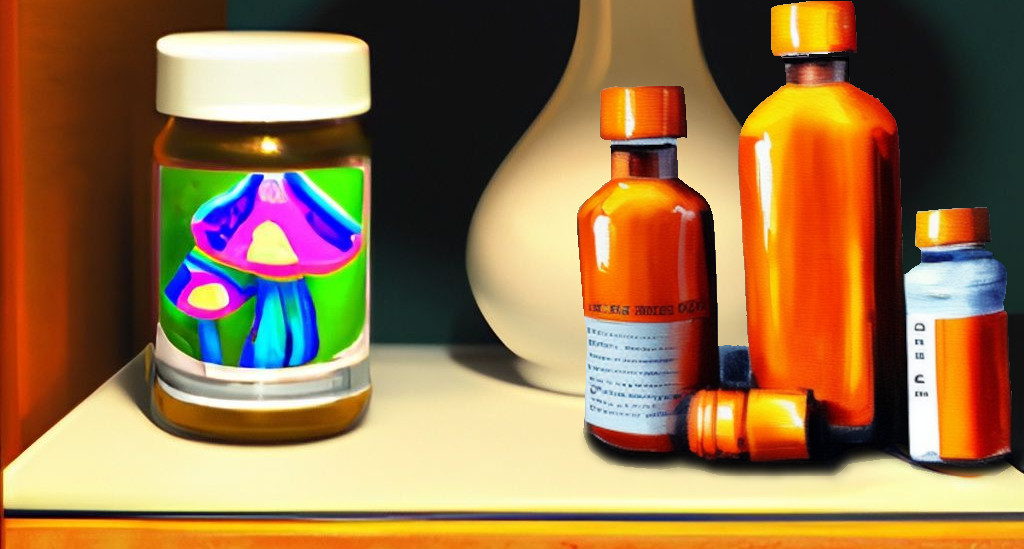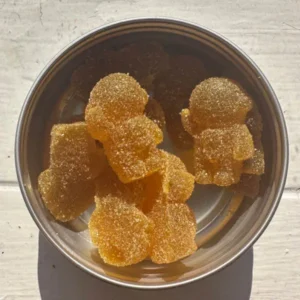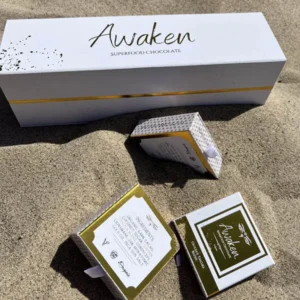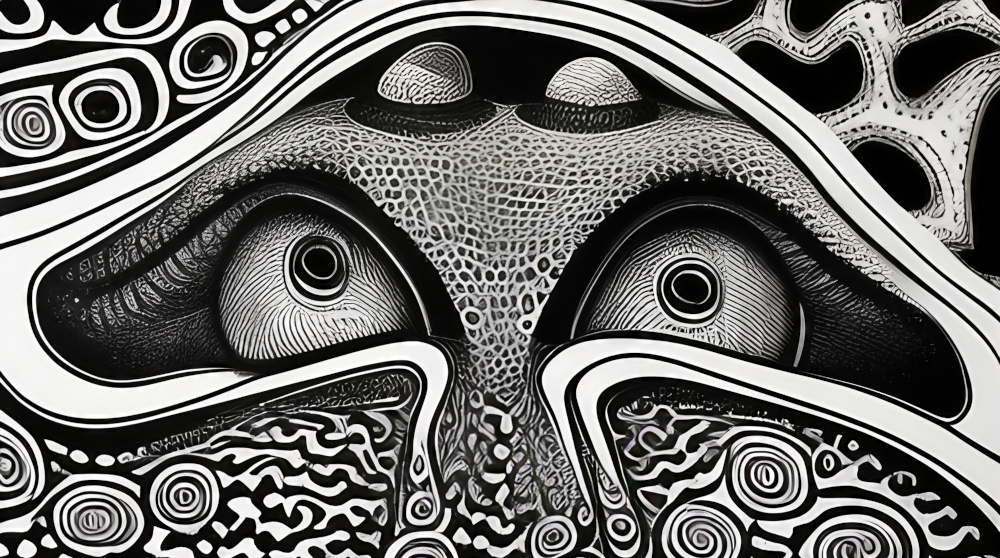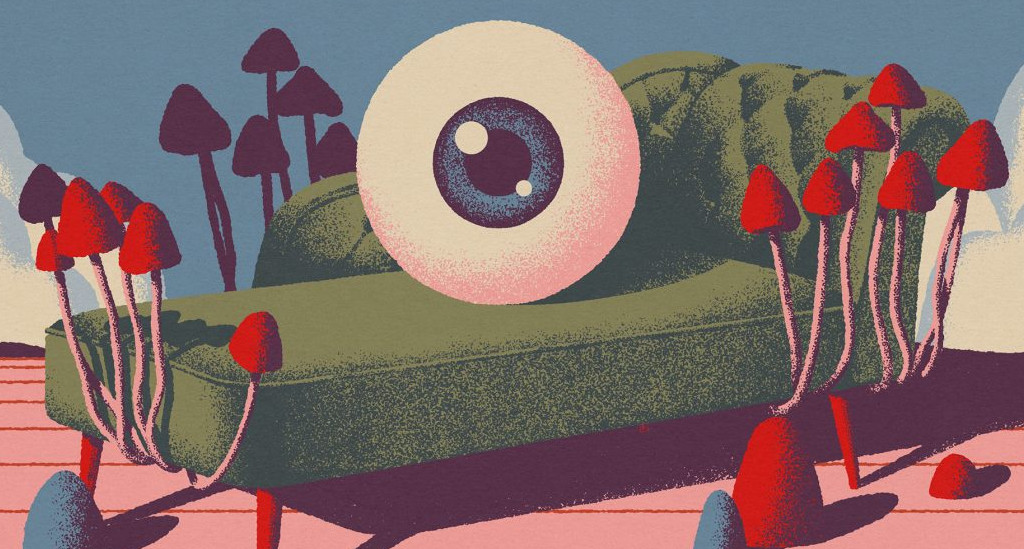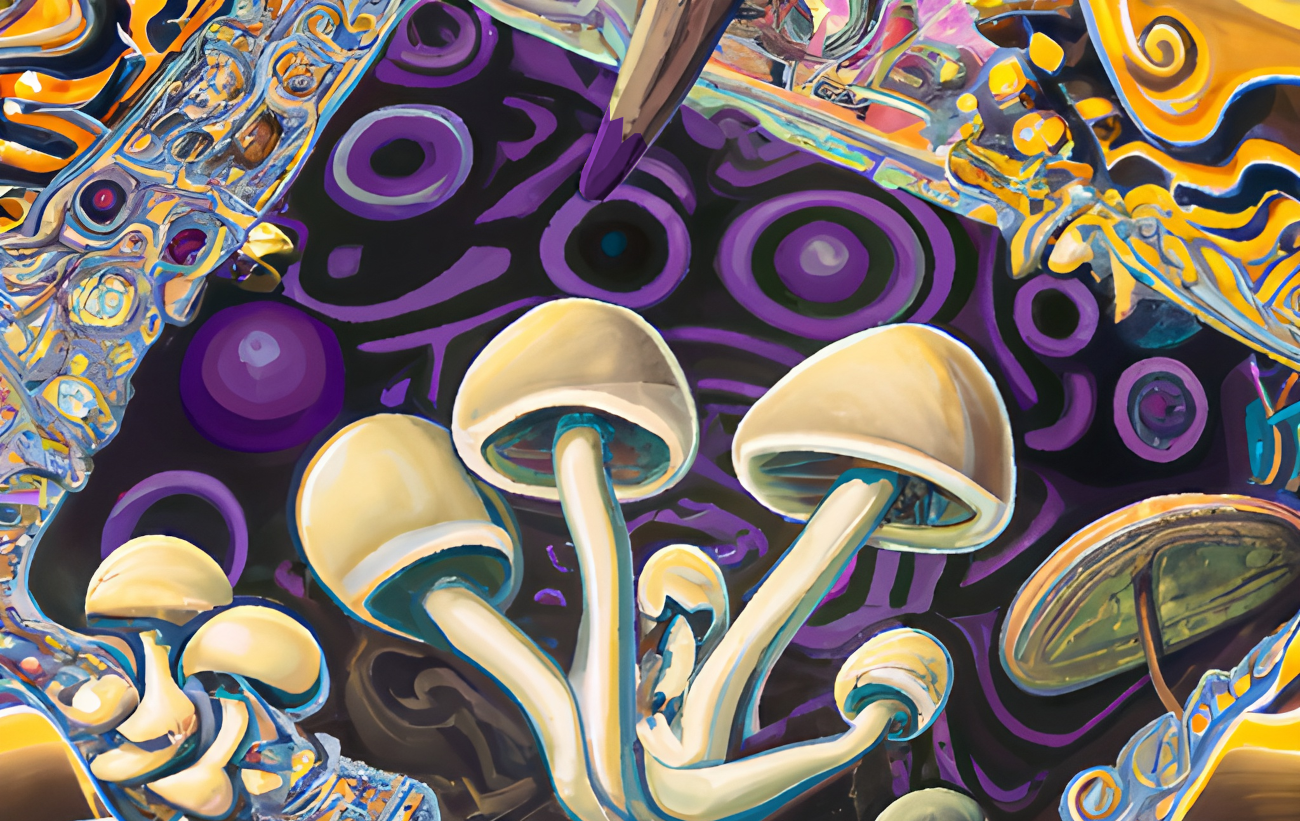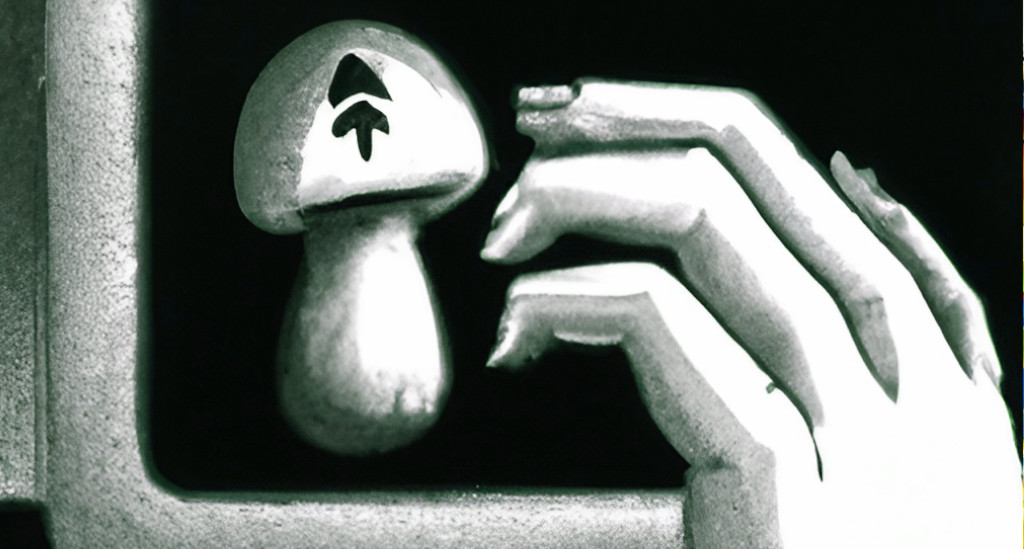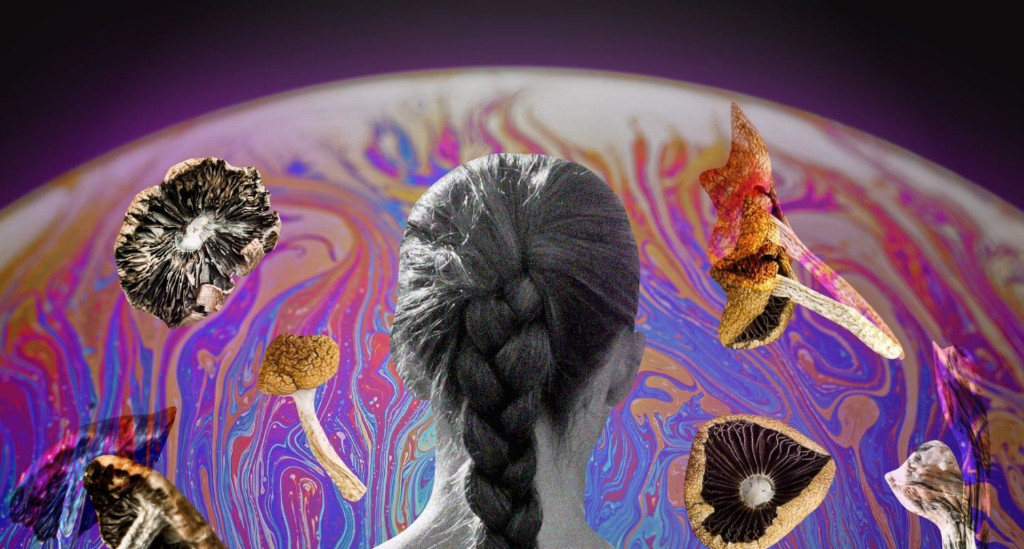Drug Interactions
Microdosing mushrooms has gained popularity as a method for enhancing mental wellness, promoting focus, creativity, and overall well-being. However, it’s crucial to understand the potential risks associated with combining microdosing mushrooms with other drugs, including prescription medications, substances like alcohol, and even marijuana. In this blog post, we will explore the safety considerations, potential interactions, and example side effects that may arise when mixing microdosing mushrooms with marijuana, alcohol, and other substances.
Prescription Drugs:
Combining microdosing mushrooms with prescription drugs can result in unpredictable interactions and undesirable side effects. It’s vital to consult with a healthcare professional or psychiatrist before incorporating microdosing into your treatment regimen. Here are a few examples of potential interactions and side effects:
a) Serotonin Syndrome: Certain prescription drugs, such as selective serotonin reuptake inhibitors (SSRIs) or monoamine oxidase inhibitors (MAOIs), can increase serotonin levels in the brain. When combined with microdosing mushrooms, which also affect serotonin levels, it can lead to serotonin syndrome. Symptoms may include agitation, rapid heart rate, dilated pupils, confusion, and even seizures.
b) Blood Pressure and Heart Rate: Stimulant medications, like amphetamines or certain antidepressants, can elevate blood pressure and heart rate. When combined with the cardiovascular effects of microdosing mushrooms, it may increase the risk of hypertension, arrhythmias, or other cardiovascular complications.
c) Sedatives or Depressants: Microdosing mushrooms have stimulating properties, while sedative medications like benzodiazepines or opioids have a calming effect. Combining these substances may lead to conflicting effects, reducing the efficacy of either substance or increasing the risk of drowsiness, impaired coordination, and respiratory depression.
Marijuana:
Combining microdosing mushrooms with marijuana can have variable effects on individuals and may lead to undesirable outcomes. Here are a few examples of potential interactions and side effects:
a) Amplified Psychoactive Effects: Both microdosing mushrooms and marijuana can alter perception, mood, and cognition. Combining them may intensify these effects, leading to increased psychoactive experiences, such as heightened sensory perception, altered time perception, or changes in thought patterns. These effects may be overwhelming for some individuals.
b) Increased Anxiety or Paranoia: Microdosing mushrooms and marijuana can both have an impact on anxiety levels. In some individuals, combining these substances may increase feelings of anxiety, paranoia, or unease. It’s important to be mindful of individual sensitivities and monitor the effects closely.
c) Impaired Cognitive Function: Both microdosing mushrooms and marijuana can affect cognitive function, including memory, attention, and decision-making. Combining these substances may further impair cognitive abilities, potentially affecting daily functioning and performance.
Alcohol:
Combining microdosing mushrooms with alcohol can have significant effects on the body and mind. Here are a few examples of potential interactions and side effects:
a) Amplified Intoxication: Both microdosing mushrooms and alcohol can alter perception, cognition, and motor function. Combining them may intensify these effects, leading to increased impairment, poor judgment, and a higher risk of accidents or injury.
b) Increased Nausea and Discomfort: Microdosing mushrooms can sometimes cause mild gastrointestinal disturbances. Alcohol can exacerbate these effects, leading to increased nausea, vomiting, or digestive discomfort.
c) Dehydration: Both microdosing mushrooms and alcohol can have diuretic properties, increasing the risk of dehydration when combined. It’s essential to maintain adequate hydration and monitor fluid intake to prevent potential complications.
Conclusion:
While microdosing mushrooms for mental wellness purposes has shown promising benefits, it’s crucial to prioritize safety and be aware of potential interactions and side effects when combining them with other drugs or substances, including marijuana and alcohol. Always consult with a healthcare professional or psychiatrist who is familiar with your medical history before incorporating microdosing mushrooms into your routine. Their guidance will help you make informed decisions, minimize risks, and optimize your mental well-being journey.
Disclaimer: This blog post is for informational purposes only and should not be considered medical advice. The information provided is based on general knowledge and may not encompass all possible interactions and side effects. Every individual is unique, and reactions to substances can vary. It is essential to consult with a healthcare professional regarding your specific circumstances before making any changes to your medication regimen or consuming substances that may interact with each other.
